For many, the legacy of Labor Day has been forgotten. We forget about the struggle that so many fought and even died for to achieve decent working conditions. We take for granted that children no longer have to slave away in American factories for 17 hours a day, six days a week. We undervalue what it took to get the weekend. After all, that’s what makes Labor Day such a treat in the first place–we get a three-day weekend instead of the boring old two. And for those of us still lucky enough, the 40-hour work week is just the standard.
Longtime president and founder of the American Federation of Labor, Samuel Gompers said:
“Labor Day differs in every essential way from the other holidays of the year in any country. All other holidays are in a more or less degree connected with conflicts and battles of man’s prowess over man,


35th Annual Labor Day Parade: Join the L.A. labor movement as we celebrate Labor Day weekend!
Monday, September 1
Parade begins 10 a.m., Broad Ave. and E Street
Rally and picnic start noon, Banning Park
Wilmington, CA
Download Flyer
For more information, contact the Labor Day Committee at (562) 595-1891
Labor Day Concert with Sheila E, Eric Benet and Irvin Mayfield Quintet
Monday, September 1
Doors open 4 p.m., concert starts 5 p.m.
Conga Room at L.A. Live
Download Concert Flyer. For more information or to purchase tickets, contact Todd Hawkins at todd@thetoddgroup.net or (213) 300-9342.


Assembly Bill 1522, created to give all California workers at least three days of paid sick leave, passed the legislature Friday, but with a key change: In-home health-care workers who assist disabled and elderly Californians will now be excluded from coverage. The compromise resulted in two important union backers of the bill, authored by Assemblywoman Lorena Gonzalez (D-San Diego), to withdraw their support.
According to the Sacramento Bee, “The Service Employees International Union and the American Federation of State, County and Municipal Employees abandoned the bill after it was rewritten to exempt home health-care workers.”
Another closely watched measure, Senate Bill 270, also passed its final hurdle Friday, the Los Angeles Times reports. The bill, authored by senators Alex Padilla (D-Pacoima), Kevin de Leon (D-Los Angeles) and Ricardo Lara (D-Huntington Park/Long Beach), will ban single-use plastic bags in grocery stores and other retail outlets.


In a victory for public safety over private profitability, Senate Bill 1019 passed the state Assembly and Senate with strong bipartisan consent on August 27 and 28. Known as the Consumers’ Right to Know: Flame Retardants in Furniture bill, the measure – introduced by Senator Mark Leno, (D-San Francisco) — requires upholstered furniture manufacturers to disclose to consumers the use or absence of flame retardant chemicals on furniture labels.
“SB 1019 gives consumers what they have demanded for decades—the right to know what is in their furniture and the power to make an informed decision about whether to purchase it,” Leno said in a press statement.
Given SB 1019’s diverse support—from business associations to consumer groups, environmental organizations and labor unions—it appears likely Governor Brown will sign the bill by the September 30 legislative deadline, after which it would take effect January 1, 2015.
Getting business on board with SB 1019 proved to be a critical turning point for the bill.
» Read more about: Public Safety, Worker Protection Bills Advance to Governor’s Desk »
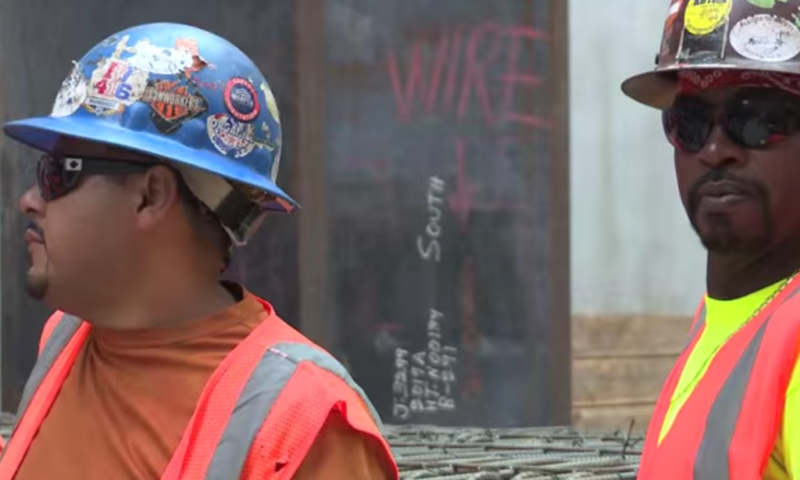

There is a long tradition in the United States, and perhaps most of the world, of binary thinking when it comes to work.


This weekend marks the unofficial end of summer as well as a chance for us to reflect on the achievements of American workers. This year workers across our country have a lot to celebrate, thanks in part to a series of executive orders signed by President Obama.
The Fair Pay and Safe Workplaces Executive Order is particularly important for Americans working for a federal contractor. The Federal government spends $500 billion in taxpayer dollars every year for goods and services provided by federal contractors, but too many are guilty of repeated and flagrant violations that endanger the lives of workers and cheat employees out of pay. Obama’s executive order will keep taxpayer dollars out of these companies’ coffers by requiring all bidders to disclose labor-law violations as far back as three years.
Governors and mayors across the country have an opportunity to follow President Obama’s lead to simultaneously protect contractors and taxpayers.
» Read more about: Labor Day 2014: Fair Pay and Fair Play for Workers »
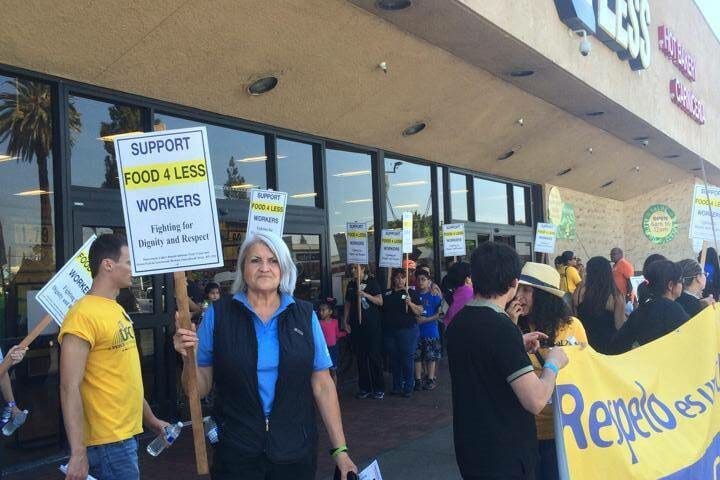
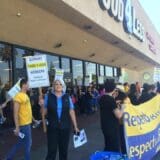
Food for Less grocery workers and the Kroger Corporation backed away from the edge of a cliff Tuesday, following weeks of a labor standoff. Both sides averted a potentially devastating strike with a tentative labor agreement whose proposed contract covers some 6,500 workers at 90 stores throughout Southern California.
Employees authorized a strike in July and then launched a consumer boycott in the face of Kroger’s threat to slash contributions to medical plans, reduce hours and transfer the work of higher-paid employees to those lower on the wage scale.
In mid-August hundreds of workers turned out on informational picket lines and urged consumers to shop elsewhere. During this time, Kroger recruited strike-busters from Ralphs, another grocery chain it owns.
Why did Kroger refuse to budge? The Cincinnati-based Fortune 500 Company that owns Food 4 Less, Ralphs and Frys recorded a half-billion-dollar profit for the first quarter of 2014,
» Read more about: Food 4 Less Workers Reach Tentative Agreement With Kroger »


Things are heating up inside the state Capitol in Sacramento. As an August 31 deadline for the end of the 2013-14 legislative year looms, union labor is facing off with business forces over the fate of pending laws governing pay, employee benefits and the environment.
A level playing field is not part of the lobbying landscape when it comes to swaying undecided legislators on these bills, said David Huerta, president of Service Employees International Union-United Health Workers West. Huerta told Capital & Main by phone that business lobbyists enjoy a two-to-one numerical advantage over labor representatives under the Capitol dome.
Huerta witnessed that dynamic first hand this pivotal week as business and labor interests met separately with state lawmakers over Assembly Bill 2416, the California Wage Theft Recovery Act.
Introduced by Assemblyman Mark Stone (D-Scotts Valley), AB 2416 would mandate local programs to allow employees to file liens against employers for unpaid wages.
» Read more about: Business Interests Clash With Public’s As Legislative Year Ends »
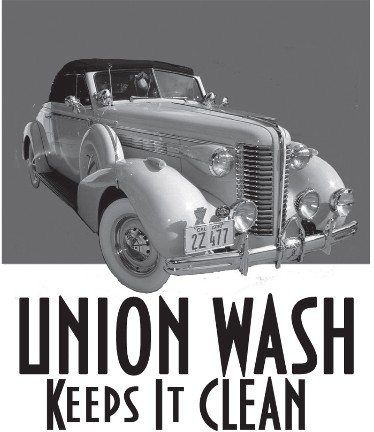
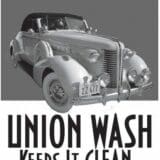
It was just another summer backyard barbeque. A few veggie patties followed by a few burgers on the grill. Some drinks. Some salads. Maybe a couple dozen people. There were neighbors, several community activist types, a couple of clergy and a handful of other religious folks, plus a few workers from a local hotel and some iron workers. Wait, who?
Yes, the gathering was called together by CLUE – Clergy and Laity United for Economic-Justice – in a supporter’s back yard. We met to share some summer food, deepen our friendships and to mark some victories that might otherwise go without notice – benchmarks that shouldn’t be forgotten so quickly.
One victory involved a Santa Monica hotel. Workers there secured a “labor peace agreement” with management that protects some basic worker rights. Employees can now post signs about the benefits of a union knowing they will not get torn down and destroyed.


Public-private partnerships (P3s) deserve scrutiny before contracts are signed, and that principle is made clear in a recent four–part series by Len Boselovic of the Pittsburgh-Post Gazette (full disclosure: I was interviewed for and am quoted in the series.)
It is not in dispute that America is in great need of updates to our crumbling infrastructure. In 2013, the American Society of Civil Engineers (ASCE) issued a report card that gave the nation’s infrastructure an embarrassing grade of “D+” based on unmet needs to repair and rebuild roads, bridges, drinking water and wastewater systems, schools, rail and transit systems, and public parks. ASCE also estimates that the US needs to spend $3.6 trillion in the next seven years to recover from decades of neglect and divestment.
Public-private partnerships use private capital from investors to finance public infrastructure projects.
» Read more about: Infrastructure: Public-Private Partnerships Must Be Two-Way Streets »
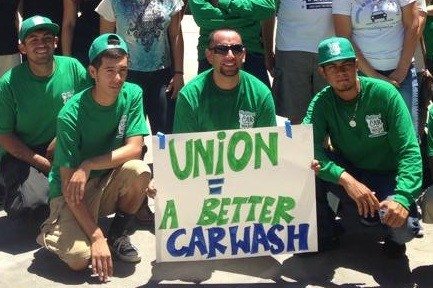

Los Angeles County’s car wash workers seemed to face overwhelming odds when they began to organize a few years back. Carwasheros considered themselves lucky if their bosses simply paid them for the correct number of hours they had worked, let alone if they received the legal minimum wage – some were expected to work for only tips. Many car wash employees were undocumented immigrants in an industry known for its high turnover and were counted as among society’s most vulnerable workers.
And yet, with the help of the United Steel Workers union’s CLEAN Car Wash Campaign, car washers began to prevail in a series of court battles that resulted in owners being ordered to improve working conditions and to conduct their accounting practices above-board. In 2012 the state’s Department of Industrial Relations assessed more than $4.8 million in wages and civil penalties against California car wash owners,


Imagine being a waste worker sorting through trash for recyclables with only tattered gardening gloves and being pricked by a used hypodermic needle. Under the current conditions of many recycling companies, you would be told, “Get back to work” and simply have to bandage your wound – sometimes with pieces of paper from a pile of trash. And if you tried to talk with your boss about your fear of spreading illness from the needle to your family or friends, you are immediately fired. This is a true story of a former trash sorter – who was also considered a temporary employee – at a trash sorting facility in Los Angeles.
This story – of gross negligence and denial of company responsibility for basic worker health and safety protections – is too common a reality in low-wage industries. Bill Raden and Gary Cohn covered the plight of temporary workers in the food processing industry in a Capital &
» Read more about: New California Bill Will Dispose of Abuse of Temp Sanitation Workers »
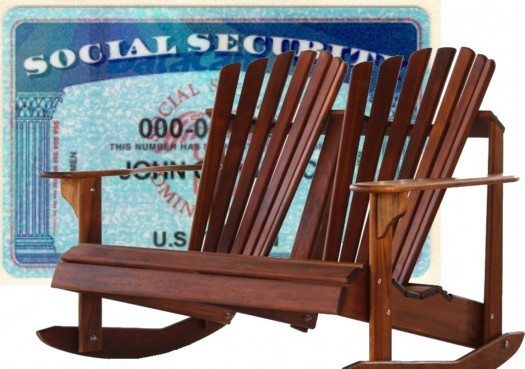

Four years ago I retired from active ministry in the United Methodist Church. My wife Susan and I now live a comfortable, middle-class life based upon the three pillars of retirement. We both receive Social Security. We get a monthly check from my pension plan. We hold some savings. But that’s not true for most Americans.
Yes, retiring workers can look forward to Social Security if they have paid into it. But that automatically excludes some. Government employees, for example, get pensions, but not Social Security. Undocumented workers may have the Social Security tax deducted from their paychecks, but the funds likely go to an account that does not bear their names – therefore, they will not get those payroll taxes returned to them when they age into eligibility.
Besides, Social Security was from the beginning expected to provide supplemental income only, not the sole basis for a livelihood.
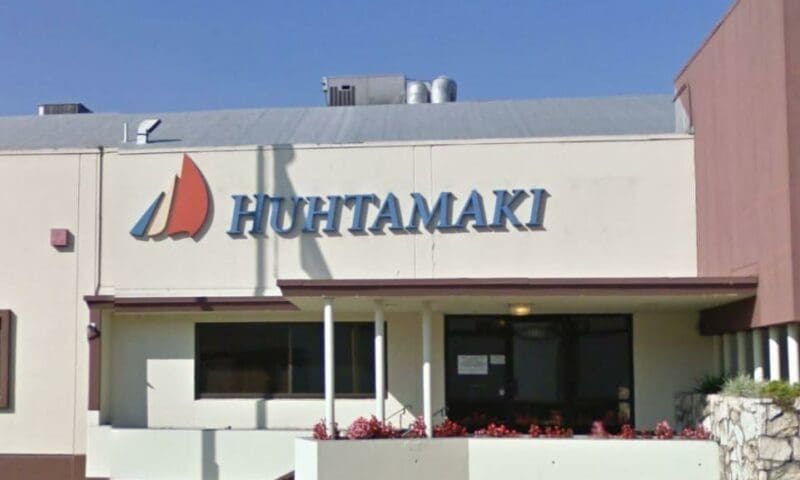

(Note: The following opinion piece was written by a single mother of two children who fears losing her job. For this reason her name has been withheld.)
What does “Made in America” mean to you? For consumers, it means a quality product. For workers, it means a good paying job and an opportunity to achieve the American Dream. Yet “Made in America” can also stand for opportunity to exploit workers under harsh conditions and unfair wages. That’s what it means in the manufacturing plant where I work in Commerce.
I’ve worked three years for Huhtamaki, a Finnish-owned packaging manufacturer located in the Los Angeles area. We make ice cream containers and other products for Walmart. And the job, it’s just not what people are talking about when they talk about investing in new manufacturing jobs in our country.
As a single mother of two, making ends meet is hard.


In a scene right out of Orange Is the New Black, 1,000 inmates at the Ohio Reformatory for Women in Marysville, Ohio dumped their food in protest last week after maggots were found in the kitchen and dining areas. The prison’s food service program had been outsourced to the massive Aramark corporation.
Maggots have also been discovered in seven other prisons around the state – and Aramark runs the food service programs in all of them. Last month, maggots were discovered in two Michigan prisons where Aramark also runs the food service programs. The Philadelphia, PA-based corporation hasn’t taken responsibility, and officials in both states are sticking by the vendor, responding with small fines instead of canceling the contracts. Ohio fined Aramark $270,000 and Michigan Governor Rick Snyder fined the company a mere $200,000.
» Read more about: Outsourcing: Maggots on Aramark’s Prison Menu »
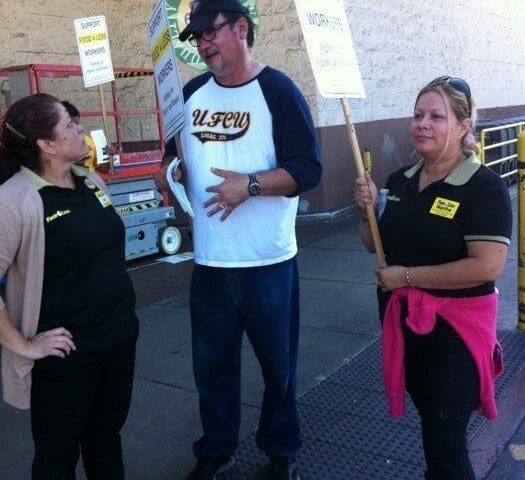

On Wednesday grocery shoppers at Food 4 Less stores throughout the Southland were met with smiles, picket signs and a message from the supermarket chain’s employees and supporters: Please don’t shop at Food 4 Less until its parent company, Kroger Company, signs a new union contract.
The most recent collective bargaining agreement between Food 4 Less and its workers expired June 8 and employees are concerned about work-standards reductions and a potential undercutting of medical benefits for 6,500 workers at 90 Southern California stores.
Kroger’s proposals include axing hours across the board and reducing company payments into employee health and welfare funds. The Cincinnati-based company recorded a half-billion-dollar profit for the first quarter of 2014.
At the Highland Park store on Figueroa near Avenue 52, Maribel Garcia, a United Food and Commercial Workers organizer, was unfazed by the August heat. She was still energetic after eight hours in the parking lot asking shoppers to support the boycott by seeking their groceries elsewhere.
» Read more about: Food 4 Less Workers Hang Tough With Boycott »
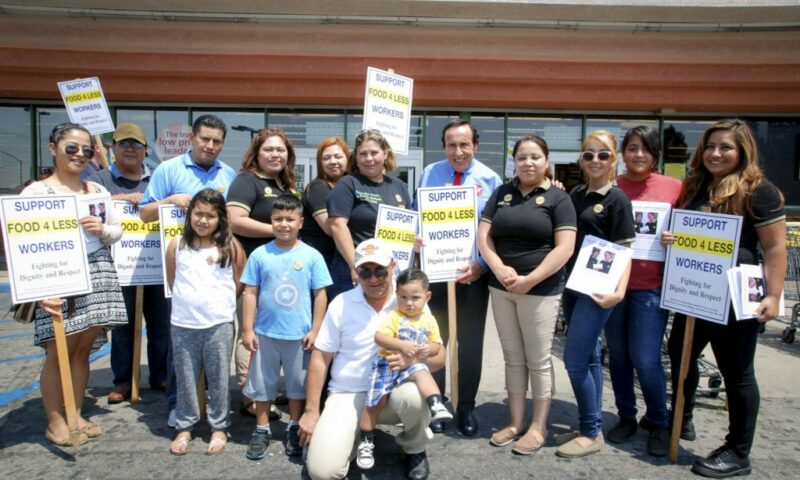
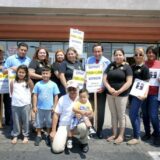
Union grocery workers at Food 4 Less don’t want to Work 4 Less. That’s the message they’ll be delivering today (August 13) at 14 Southern California stores as they press the chain for a new contract. Their most recent collective bargaining agreement expired June 8 and Food 4 Less, which is owned by Ralph’s parent company, Kroger, wants to cut health and welfare contributions, along with work hours — while dumping more work on lower-paid employees.
For that reason the 90 stores’ 6,500 workers, who belong to Local 770 of the United Food & Commercial Workers union, have called on shoppers to boycott the chain. They also invite the public to “adopt” a Food 4 Less store and join them on picket lines Wednesday from 8 a.m. to noon.
Locations:
» Read more about: Food 4 Less Workers Ramp Up Boycott Today »


A Ventura County judge Monday issued a setback to anti-pension zealots who have been working to roll back public employee benefits. The judge’s tentative ruling found fundamental flaws in a ballot measure to cut county employee pensions and concluded that putting it before voters would amount to nothing more than a waste of public tax dollars – a rebuke that must smart among groups who identify themselves as taxpayer advocates.
One of their central tactics has been to stir up resentment among the public, most of whom have seen their own benefits shrivel up over the years, then place measures on the ballot to slash public employee pensions. As Capital & Main’s Gary Cohn reported, anti-tax activists saw this particular Ventura measure as a template for what would be a wave of pension rollback measures.
“I guarantee you that when this passes, in 2016 every ’37 Act county will have this on their ballot,” Ventura County Supervisor Peter Foy said at the time.
» Read more about: Illegal Ballot Measure a Setback for Anti-Pension Activists »
You can mail a letter anywhere in the domestic United States for just 49 cents. Think about that for a second. Your letter literally can travel thousands of miles – over mountains, across great lakes and through the desert – for less than the cost of a bag of M&M’s.
But some want to outsource the postal services and its workers to giant retail stores such as Staples, which would destroy what is perhaps the greatest bargain still available in America. A recent piece by David Morris in the Huffington Post explains why this is a bad idea.
There is something we can do about it. The American Postal Workers Union has launched a campaign, Stop Staples: The U.S. Mail is Not for Sale, which is garnering strong support from millions of Americans, including teachers. And as a huge seller of notebooks, pens and other school supplies,
Truck drivers in California’s ports have been fighting for decades for rights most workers take for granted: The right to a minimum wage, the right to proper employee classification, and especially the right to form a union. In the wake of the deregulatory wave of the 1980s, downward pressure on trucking companies led to destructive competition, which led first to union-busting, and then to the widespread misclassification of truck drivers as independent contractors. This, despite the fact that legal and factual analyses have shown – theoretically in 2010 and based on a wave of then-recent rulings in 2014 – that these truck drivers are subject to the control and direction of the trucking companies they haul for. (Full disclosure: I was a co-author of the 2014 report.) Under any legal test, these are employee drivers being deprived of their employee rights; their condition has been compared to that of sharecropping and involuntary servitude.
» Read more about: Recent Court Rulings Aid Port Truck Drivers »